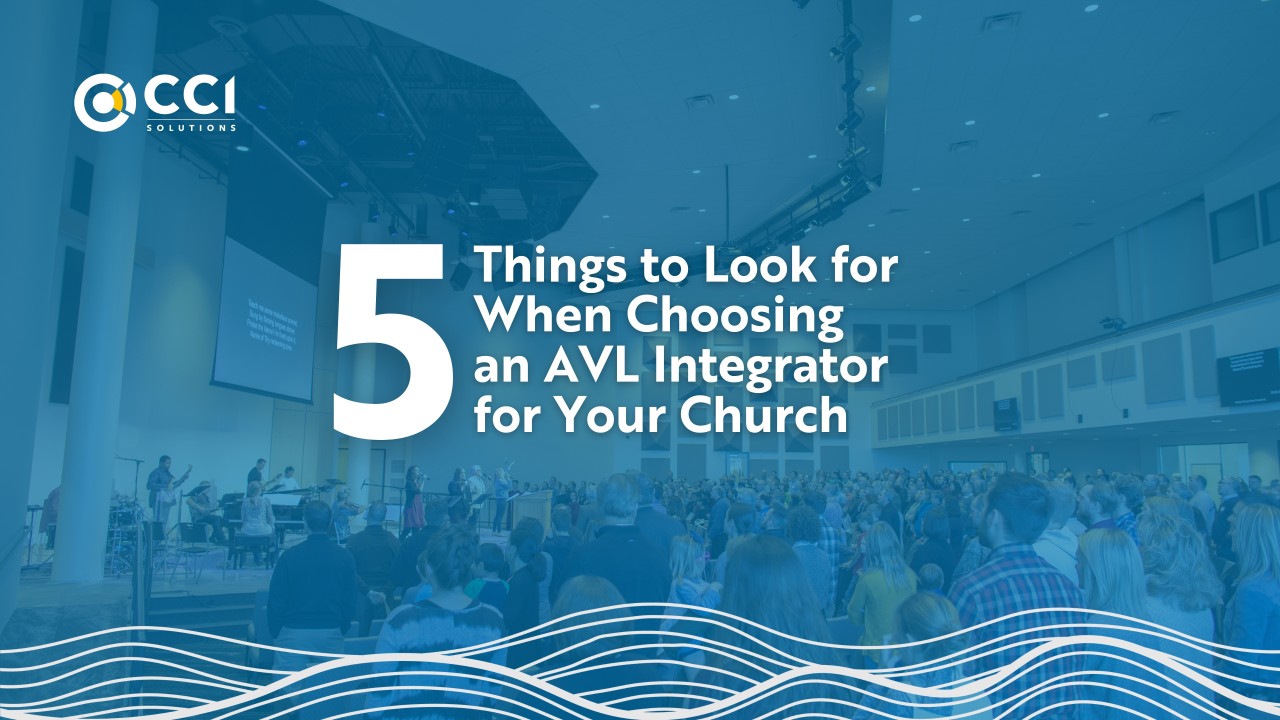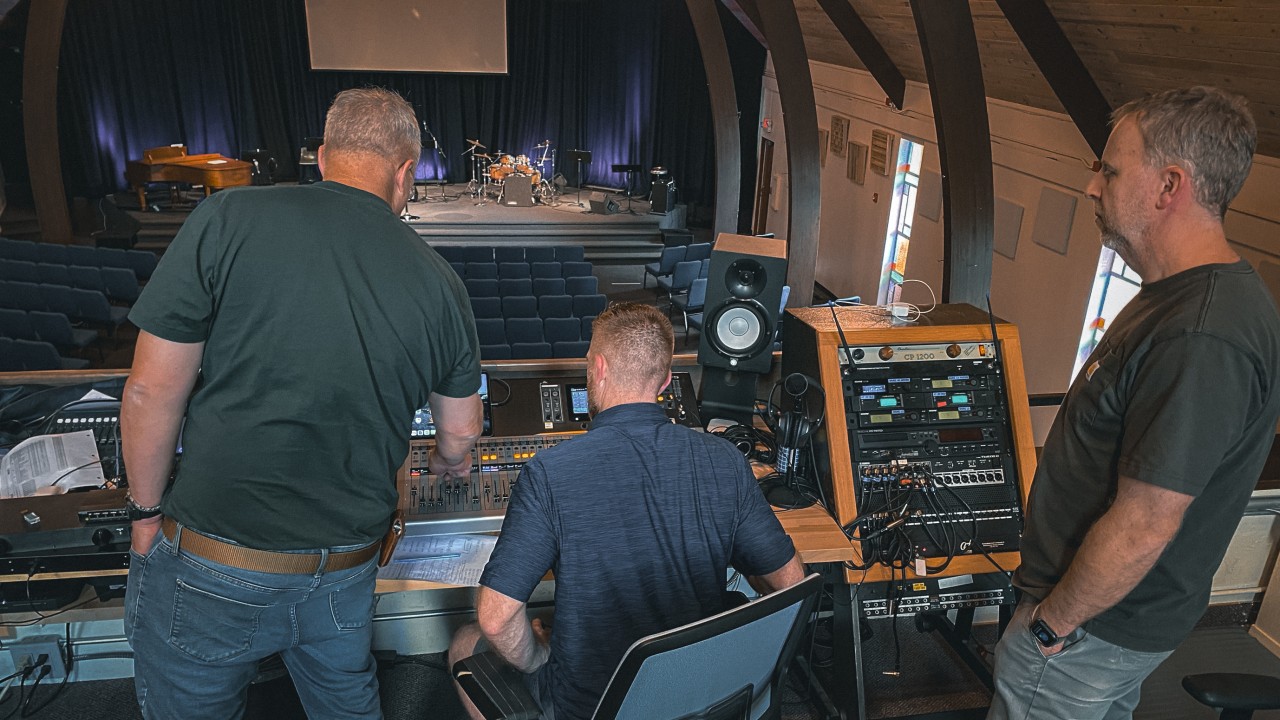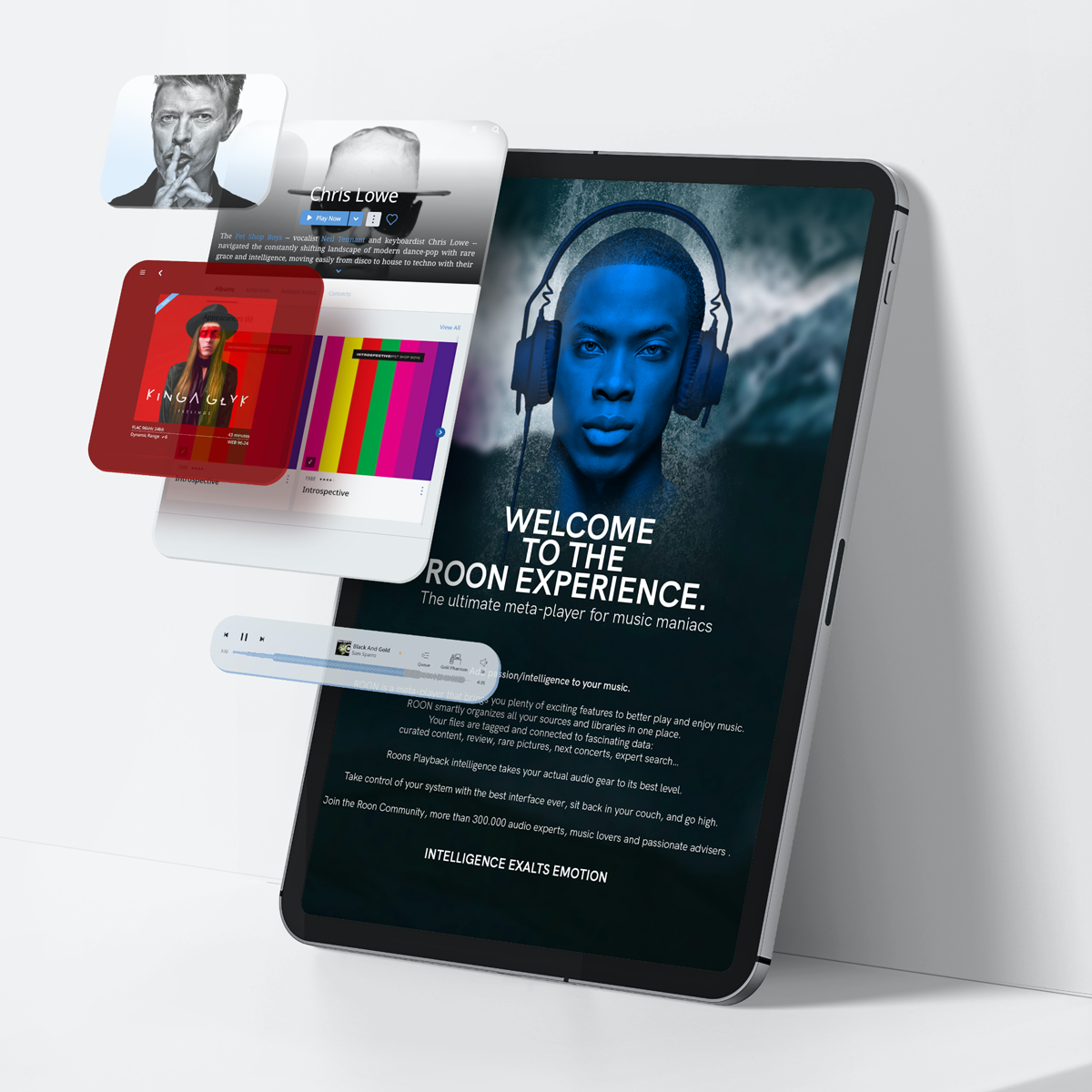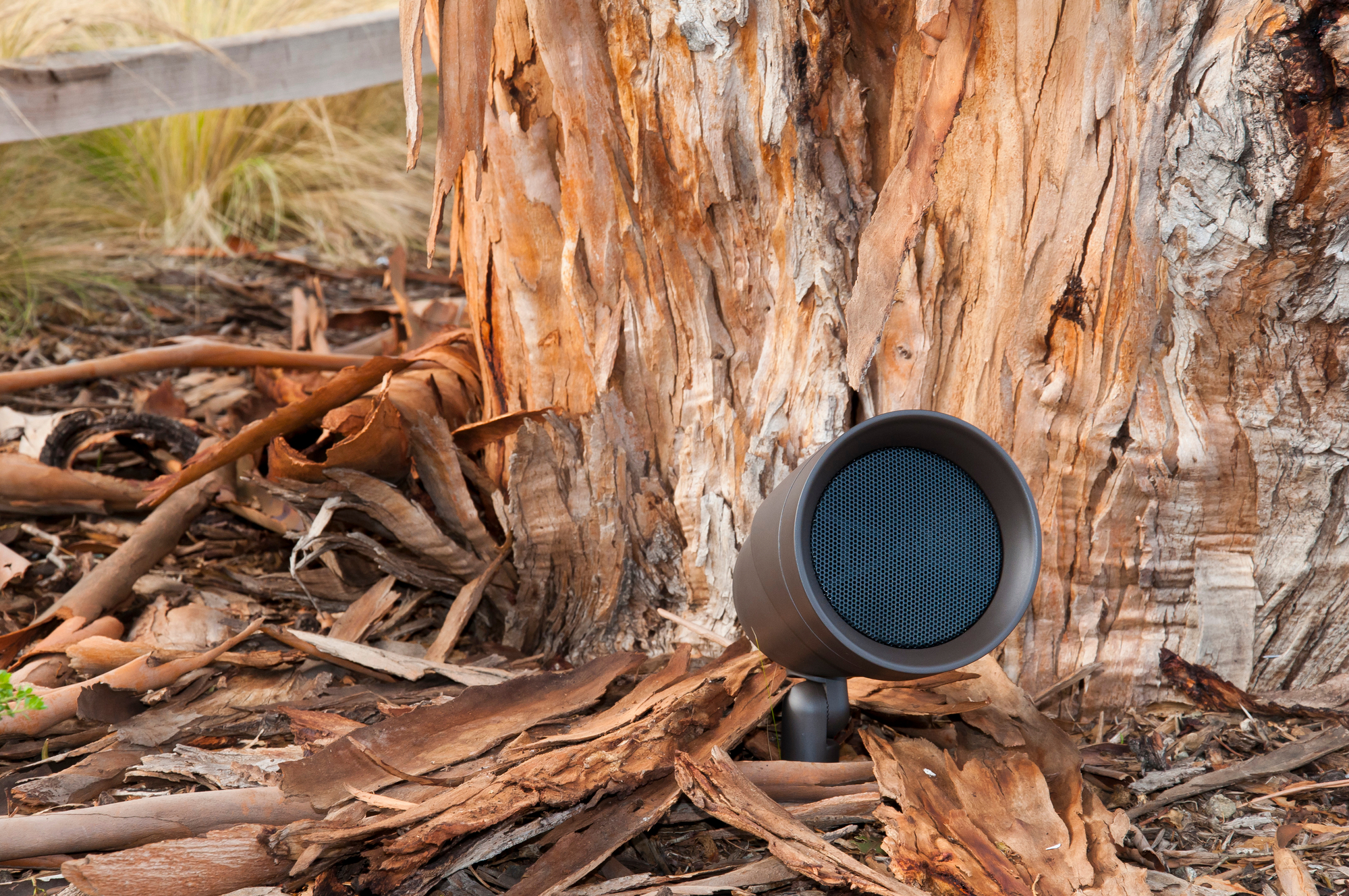Selecting the right AVL (audio, visual, and lighting) integrator for your church goes beyond merely enhancing technical capabilities; it's about finding a partner who truly understands and aligns with the heart and soul of your worship community. This decision can profoundly impact how your congregation connects, communicates, and engages during worship services. An integrator that meshes well with your church’s mission can transform your worship experiences, making them more immersive and meaningful. This is why it’s crucial to choose a partner not only for their technical expertise, but for their ability to integrate their solutions into the fabric of your church’s operations and aspirations. This partner should be someone who respects your church’s culture, upholds its values, and seeks to enhance the communal spirit through thoughtful and effective AVL solutions.
In this journey, you’re not just looking for an AVL vendor, but for a relationship that will grow and evolve with your church. The right integrator will listen deeply, propose solutions that resonate with your specific goals, and adjust their approach based on your feedback and evolving needs. Their expertise in AVL integration—encompassing advanced audio systems, visual displays, and dynamic lighting solutions—becomes a powerful tool for fulfilling your church’s vision. By enhancing every sermon with clear sound, every worship song with immersive visuals, and every gathering with impactful lighting, they help deepen the connection between your leadership and the congregation. Therefore, this AVL selection process is not only about finding the right technology but also about securing a collaborative AVL partner who will support your church’s mission to inspire, engage, and connect more effectively.
1. Emphasize Experience in Similar Settings
When searching for an AVL integrator, the importance of relevant experience cannot be overstated. An integrator that has worked with churches that share similar characteristics to yours will likely have a deeper understanding of your specific needs. This experience means they can anticipate common challenges and provide solutions that have proven effective in similar environments. Ask potential integrators for case studies or references from previous projects to gauge their familiarity and success in environments like yours.
In addition to technical skills, it’s important that the integrator grasps the spiritual and communal objectives of your setting. A good integrator should be someone who respects the ethos of your worship and seeks to enhance it through technology. They should demonstrate how their projects have supported the mission of other churches, helping to facilitate worship that resonates with congregational expectations and enhances spiritual engagement.
 800 224 7978
800 224 7978







